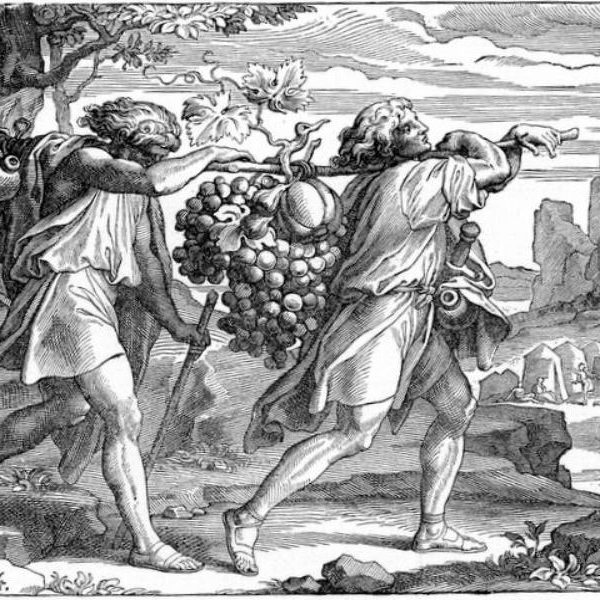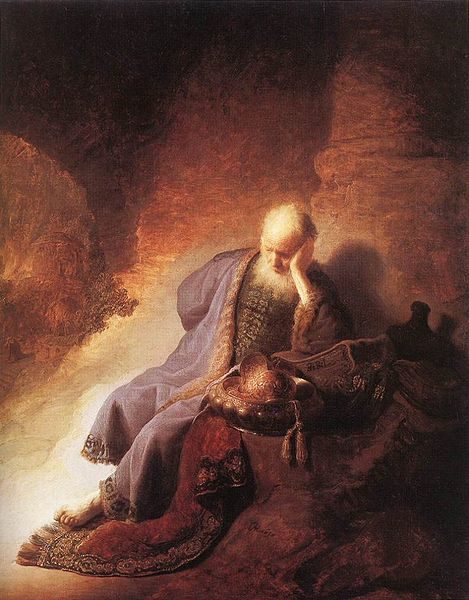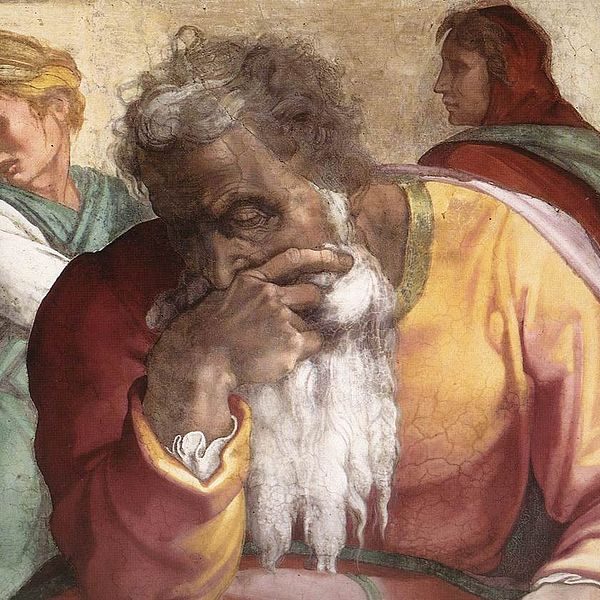
Unlike the other covenants of the Hebrew Bible, Jeremiah’s new covenant does not focus on intermediaries, or written tablets, or monarchy, or temple, but on the divine self.

The promise of the new covenant in Jeremiah 31:31-34 contains political dimensions that typically pass unrecognized, but which provide a rich description of an ideal polity. This prophetic vision can serve as a powerful counterpart and companion to more conventional political utopias and idealized societies.

Jeremiah 31:27-34 confirms for us that God is present through the thick and thin of pain and suffering and in the disturbing questions that these experiences raise. But a day will come when God out of God’s grace and mercy will provide the community with all that is needed to overcome this pain and build life anew.
